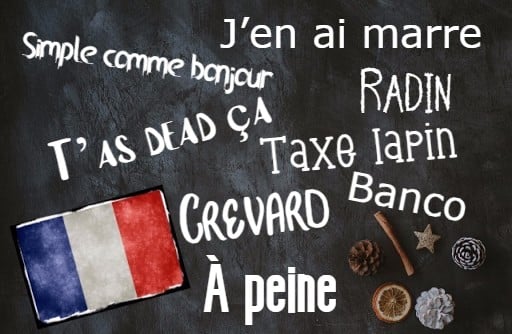Why do I need to know sacré?
It has already come up quite often in this summer of sports, but there are multiple ways of using this word.
What does it mean?
The adjective sacré means ‘sacred’ in its primary meaning, such as referring to any religious buildings as un espace sacré – a sacred space.
However, due to the important role religion has played in French history, it’s also the root of a number of common expressions.
For instance, sacré can be the past tense of the verb sacrer, meaning “to crown”, or “to anoint” (le sacre is the religious coronation of a monarch).
Short and sweet, the word has become journalistic shorthand for winning a competition – in recent days, the Italian football team was sacrée European champions, and Novak Djokovic was sacré at Wimbledon.
Euro 2021 : l’Italie sacrée pour l’ensemble de son œuvre face à des Anglais attentistes https://t.co/kyLix4XxB6
— Le Monde (@lemondefr) July 12, 2021
Alternatively, you can use it informally to emphasise a point, in the way you’d use “a hell of a”, “quite a” or “bloody”. So if you call somebody a sacré menteur, you’re not just calling them a liar, you’re saying they’re “some liar” or “a hell of a liar”.
You can also use the word alongside a person’s name, to refer to something they’ve done which is typical of their character. In this case, it’s rarely used in a sentence, but more as an exclamation in response to a story – sacré The Local!
One sacré combination that is very rarely used in France, however, is sacré bleu, contrary to what many foreign schoolchildren are taught.
Use it like this
L’Italie a été sacrée championne d’Europe – Italy were crowned champions of Europe.
C’est un sacré con, celui-là – He’s one hell of an idiot, that one.
Il est sorti prendre un verre, et il s’est réveillé à Berlin. – Ah, sacré Marc ! – He went out for one drink, and he woke up in Berlin. – Classic Marc!



 Please whitelist us to continue reading.
Please whitelist us to continue reading.
Sacrebleu. Pas d’accent.
If you add an accent on sacré it changes the meaning
http://www.Frenchwithsimone.com
In English, sometimes “blessed” is used in the same context.